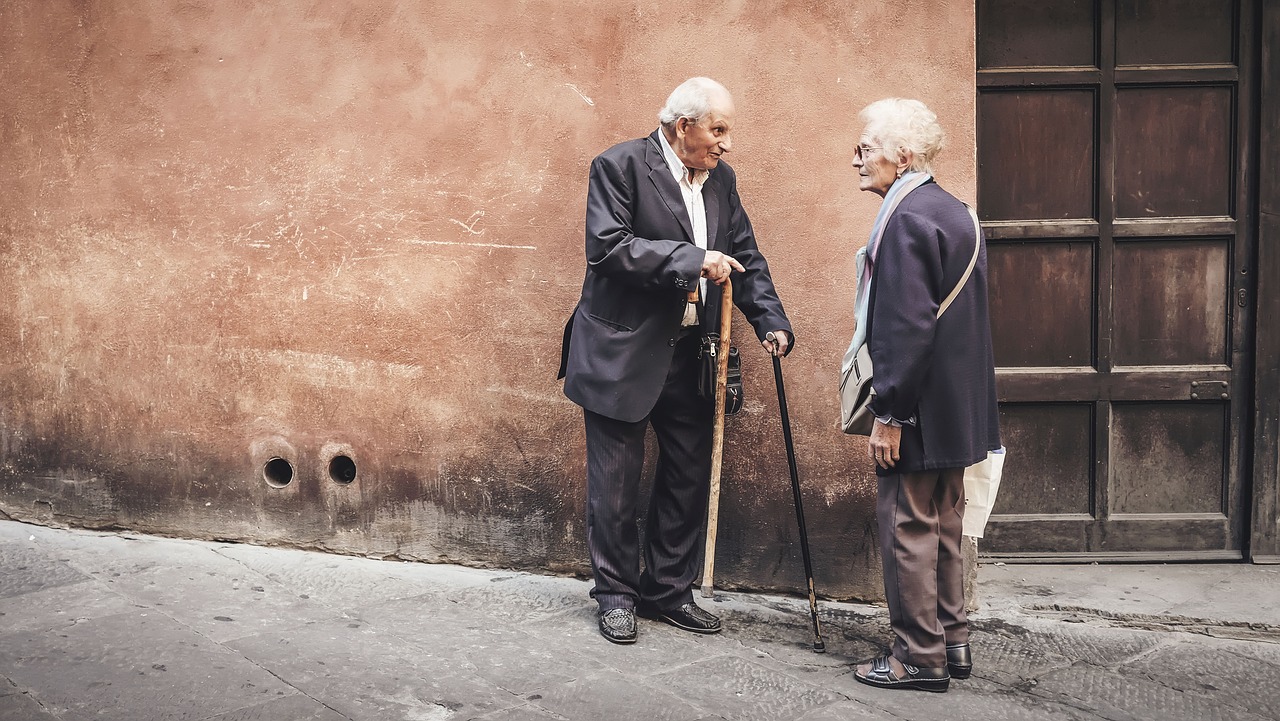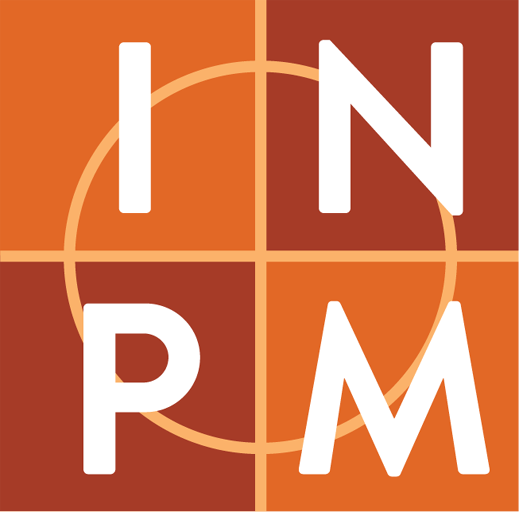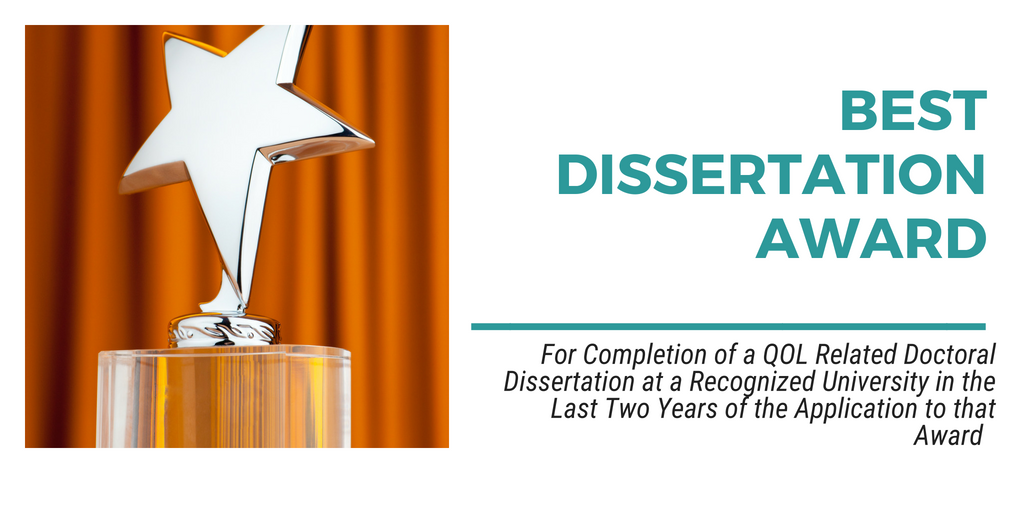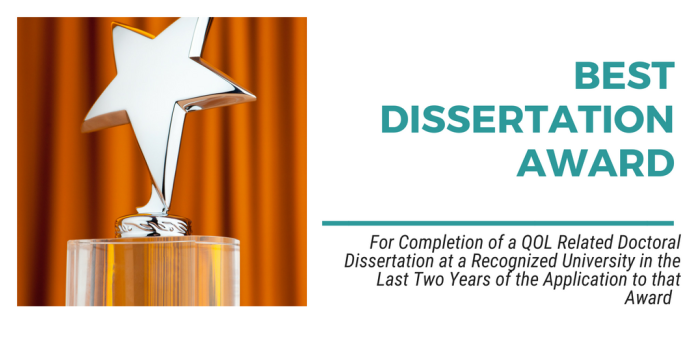Following my blog post about what gratitude is, a follower asked what the importance of gratitude is for the giver. That is an interesting question that I want to answer in the blog post below.
Evolution
Gratitude fulfills an evolutionary need of the giver. Darwin (1889) wrote in The Descent of Man: “… for we are led by the hope of receiving good in return to perform acts of sympathetic kindness to others.” If our hope for something good from the recipient is not fulfilled, then we think of the other of being ungrateful.
Reciprocal altruism
Why people are willing to give something to another person is attributed to reciprocal altruism (Trivers, 1971). Reciprocal altruism means that someone is willing to give, even if there are costs associated with this giving. They would do this because they hope that these costs might pay off, now or in the future, if the giver is in a situation where they need help. This allows the beneficiary to give something back to the person who previously offered the help.
Moral emotion
Gratitude is a moral emotion. Moral emotions are feelings that have to do with behavior and situations that we as people think are right and wrong. Is the behavior of the other person right or wrong? Does someone trespass a moral norm? Do we see that another person is hurting? In these cases, we feel emotions such as gratitude, compassion, guilt and regret. We will try to do something to turn the bad into something good.
There are three moral functions of gratitude. The first two are moral functions for the beneficiary. First, gratitude functions as a moral barometer. The beneficiary realizes that he has received something from another person. The second moral function of gratitude is a motivating function. If someone has received something, there is a need to give something back to the giver (McCullough et al., 2001). This can also be someone else then the giver; gratitude activates (Jans-Beken 2019).
The third moral function is important for the giver. If gratitude is expressed, then this gratitude ensures that the giver feels acknowledged. So, expressing gratitude is important. As a result, the giver is more inclined to do something for another person in return (McCullough et al., 2001). The giver does not necessarily have to give something back to the same person but can also give something to a completely different person. This is called pay-it-forward or upstream reciprocity. In this way, gratitude spreads prosocial behavior within a group of individuals (Nowak & Roch, 2007).
Expressing gratitude
The giver certainly has his need or reason to do something for someone else, and it is therefore important to express our gratitude. As William Arthur Ward said: “Feeling gratitude and not expressing it, is like wrapping a gift and not giving it”. Expressing gratitude ensures that the ripples called gratitude continue to spread.
Literature
- Darwin, C. (1889). The Descent of Man. Boston: D. Appleton and Company
- Jans-Beken, L. G. P. J. (2019). Een zoektocht naar dankbaarheid. Oudorp: Jans-Beken Publishing.
- McCullough, M. E., Emmons, R. A., Kilpatrick, S. D., & Larson, D. B. (2001). Is Gratitude a Moral Affect? Psychological Bulletin, 127(2), 249-266.
- Nowak, M. A., & Roch, S. (2007). Upstream reciprocity and the evolution of gratitude. Proceedings of the Royal Society B: Biological Sciences, 274(1610), 605–610.
- Trivers, R. L. (1971). The Evolution of Reciprocal Altruism. The Quarterly Review of Biology, 46(1), 35–57.a












